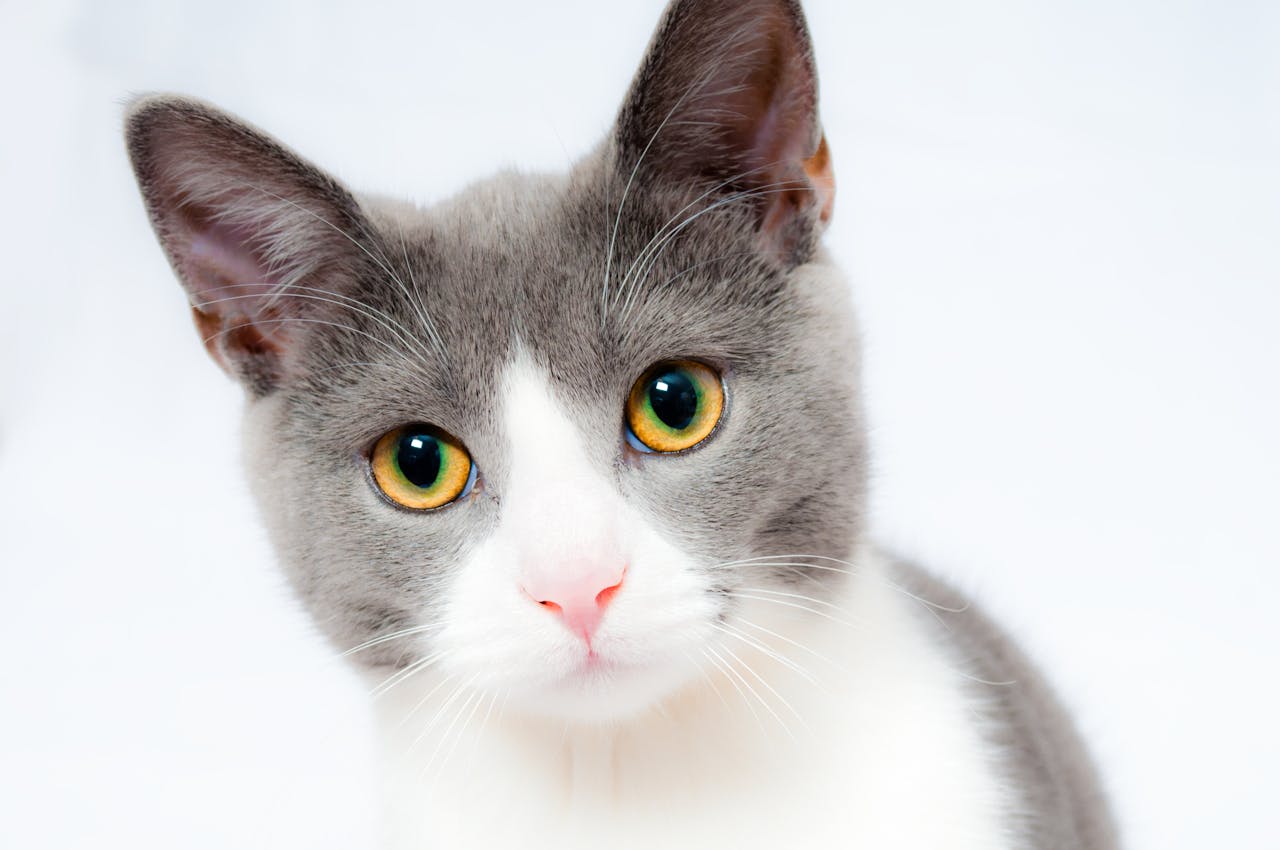
23 Feb Reasons Why Cats Should Have Annual Dental Cleanings
As enthusiasts of feline companionship, we revel in the delightful playfulness and affectionate purrs our cats generously share with us. Amidst the daily rituals of cuddles and nourishing meals, one often underestimated facet of their well-being is their dental health. In this all-encompassing blog post, we’ll delve into the imperative reasons why cats should have annual dental cleanings for their overall health and happiness.
Why Annual Dental Cleanings for Cats Are Crucial
- Prevent Periodontal Disease: Periodontal disease, a prevalent dental concern affecting up to 70% of cats over three years old, necessitates proactive measures. Annual intraoral radiographs and professional cleanings play a pivotal role in eliminating plaque and tartar, the principal contributors to this condition. This preventive approach safeguards against gum damage and potential tooth loss.
- Detect Early Signs of Dental Issues: Routine dental check-ups empower veterinarians to identify early indicators of dental problems, including decay, fractures, or oral tumors. Early detection becomes a cornerstone for timely intervention, averting the escalation of complications.
- Freshen Breath: Beyond the cosmetic aspect, bad breath in cats can be a telltale sign of underlying dental issues. Annual cleanings not only eliminate unpleasant odors but also foster overall oral health, enhancing the enjoyment of those cherished cuddle sessions.
- Overall Health: The interconnectedness of oral health and overall well-being cannot be overstated. Dental problems in cats can potentially lead to systemic infections, heart disease, and other complications. Regular dental cleanings, coupled with dental X-rays, significantly contribute to the holistic health of your feline friend.
What to Expect During Your Cat’s Dental Cleaning
- Pre-Anesthetic Exam: Thorough physical examinations precede any dental procedure, ensuring your cat is in optimal health for anesthesia. Additionally, pre-anesthetic bloodwork is recommended to identify any underlying health conditions.
- Anesthesia: Administered for comfort, anesthesia ensures your cat remains relaxed throughout the cleaning procedure, promoting a stress-free experience.
- Dental Examination: Full mouth dental radiographs and periodontal probing provide a comprehensive assessment of your cat’s teeth, gums, and oral tissues, uncovering any potential dental problems.
- Dental Cleaning: Employing techniques such as ultrasonic scaling, subgingival curettage, and polishing, dental professionals work to reduce the risk of gum inflammation and support your cat’s overall oral health.
- Dental X-rays: Intraoral X-rays are a valuable tool for uncovering hidden dental issues like root abscesses or bone loss, ensuring a thorough evaluation.
- Recovery: Post-cleaning, your cat is closely monitored during recovery. Once fully awake, they can typically return home the same day, having undergone a positive dental experience.
How Often Should My Cat Have Dental Cleanings?
The frequency of dental cleanings is contingent on individual needs and dental health. In general, most cats benefit from annual cleanings. However, those with a history of dental problems or specific medical conditions may require more frequent sessions.
Cat Dentist in Mount Pleasant
Regular dental cleanings emerge as a vital component in your cat’s holistic healthcare. By investing in their oral health, you actively contribute to their overall well-being, averting serious dental problems and ensuring a life filled with joy and good health. Contact our team today to book an appointment for your cat! Remember, the care bestowed upon those feline pearly whites today translates into numerous moments of joy and companionship in the years to come.
Photo by Pixabay




